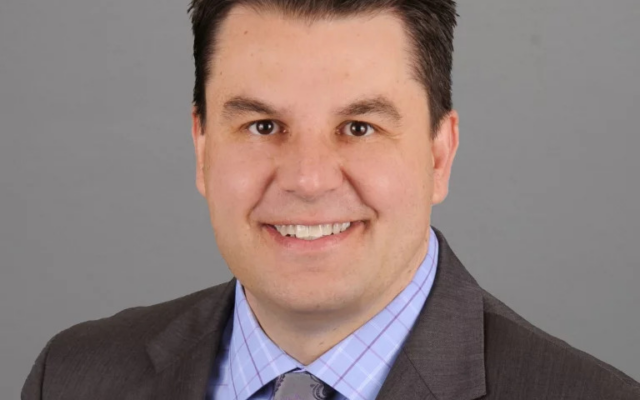Axne-sponsored proposals included in corporate accountability package

WASHINGTON — The U.S. House has passed a proposal from Iowa Congresswoman Cindy Axne that would force big corporations to disclose if they’re outsourcing jobs and using so-called tax havens in other countries to avoid paying U.S. taxes.
“Last year 55 profitable U.S. corporations paid no federal corporate income taxes,” Axne said during a speech on the House floor. “I can tell you that’s not what happened on Main Street back in my district in Iowa. They paid their taxes.”
The plan would require corporations with shareholders to publicly disclose how many people it employs on a country-by-country basis. Axne and others say it would show how big multinational corporations open a store front in a low-tax jurisdiction to avoid paying U.S. taxes where all their sales and profits are made.
“This cost the U.S. more than $50 billion per year in taxes,” Axne said. “It hurts all of the businesses who are doing the right thing — those that are on Main Street in all of our communities, including many small businesses across this country who don’t have a subsidiary in Barbados just to avoid taxes.”
This attempt at revealing which corporations are using off-shore tax havens was included in a wide-ranging package that narrowly cleared the U.S. House this week. Another Axne proposal was included that would require public companies that are owned by investors to disclose more information about pay and benefits, training programs, workplace safety, and how much turnover there is in the corporation’s workforce. Axne said stockholders deserve that information.
“By the way, these are sets of data that are already being collected by most public companies,” Axne said. “The pandemic, though, has only driven home how important it is for companies to make sure that their workers stay safe and healthy for their company’s success. It’s obviously that companies with workers that are more engaged will do better, which is why investors want this information.”
Democrats from Virginia and Maryland are sponsoring companion legislation in the U.S. Senate.




